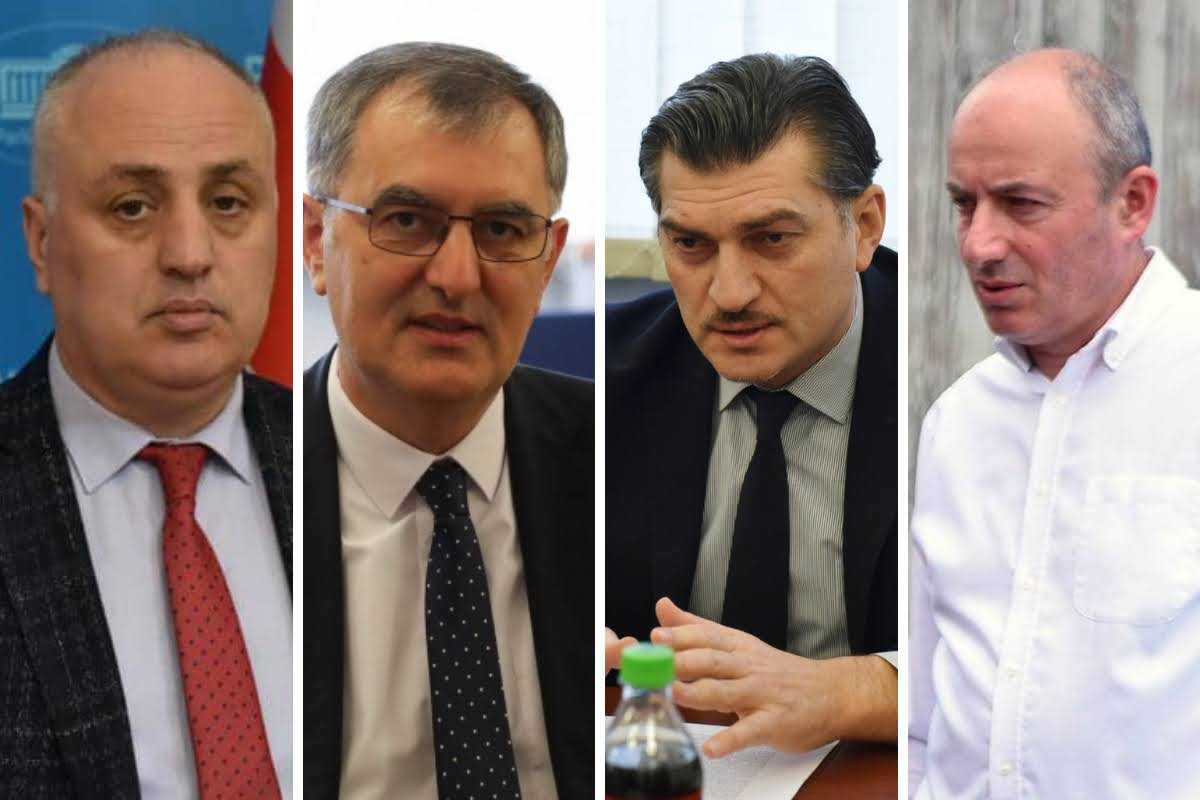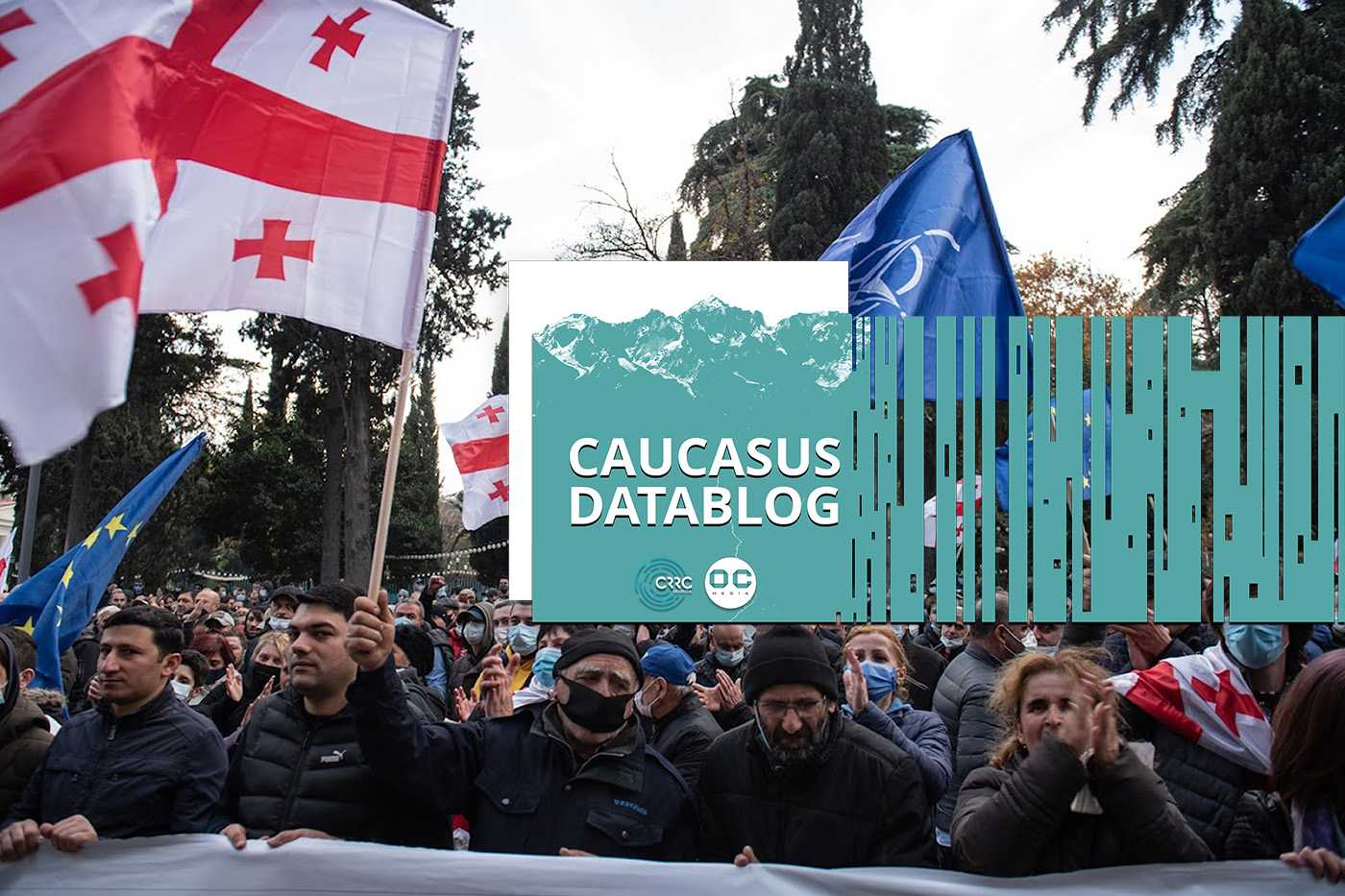
MPs from Georgia’s largest opposition party, the United National Movement (UNM), are to take up their seats ending their six-month boycott of parliament.
In an announcement on Sunday following a meeting of party leaders, UNM chair Nika Melia said the party would still not sign a deal reached between the government and other opposition parties to end the political crisis.
Melia said that the agreement put forward by European Council President Charles Michel contained ‘a point that is categorically unacceptable’, referring to an amnesty law for those charged over violence between police and protesters in June 2019. Melia was himself among the protesters charged over the clashes, along with several police officers who fired rubber bullets indiscriminately into the crowds.
‘We will fight him everywhere, be it the halls of parliament, committee halls, the halls of the Supreme Council of Adjara, squares, streets, in the villages, districts, mountains, bars, everywhere — Bidzina Ivanishvili will have the greatest resistance, because this year Bidzina Ivanishvili’s oligarchic regime must be defeated’, Melia said.
The UNM have been meeting to decide whether to end their boycott since Melia was released from prison on 10 May — a condition of the EU-mediated agreement.
The entry of the UNM into the parliament was followed by a sharp reaction from the political spectrum of the country.
The ruling Georgian Dream party wrote on Twitter that the ‘radical United National Movement, having effectively admitted defeat of their destructive political agenda, takes up seats in Georgian Parliament. UNM, however, refuses to sign the EU-mediated political agreement, which is the basis for consensus for ending the political crisis’.
In a joint statement, the EU Delegation to Georgia and the US Embassy responded called the party’s decision to enter parliament a ‘positive step’ but that they ‘strongly regret that the United National Movement did not seize the opportunity today to join the other parliamentary parties in signing the 19 April Agreement’.
The agreement was signed by most opposition parties as well as Georgian Dream on 27 April, leading to many opposition MPs taking up their seats in parliament.
Almost all opposition MPs elected in 31 October’s parliamentary elections boycotted parliament following the vote in protest over allegations of electoral fraud.
The EU mediated deal includes promised electoral and judicial reforms, and commits the government to holding snap parliamentary elections in 2022 if Georgian Dream fail to win 43% of the popular vote in this year’s local elections.
The UNM’s decision means only three MPs are still continuing to boycott parliament: Elene Khoshtaria, who was elected under the European Georgia Party before later quitting the party, Law and Justice Party leader Tako Charkviani, who ran as part of the Strategy Aghmashenebeli election bloc, and the Labour Party leader Shalva Natelashvili.









